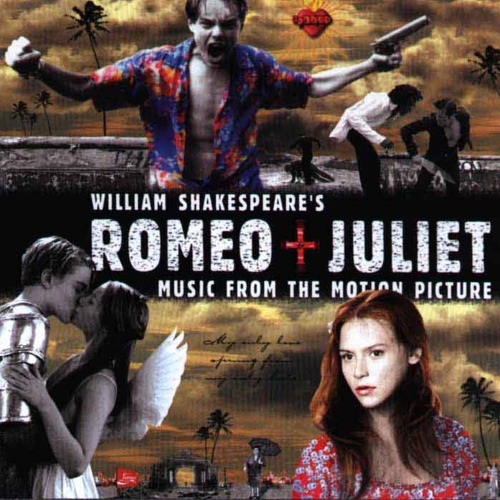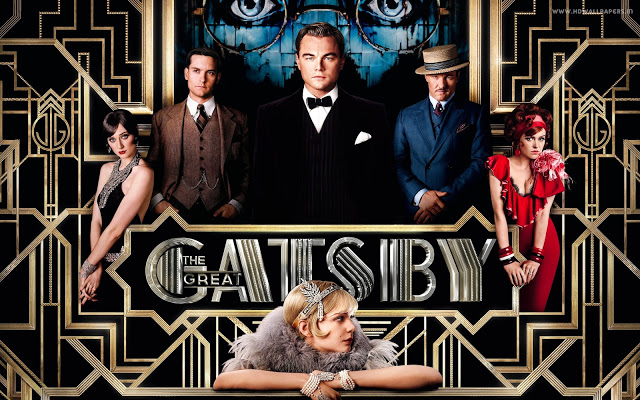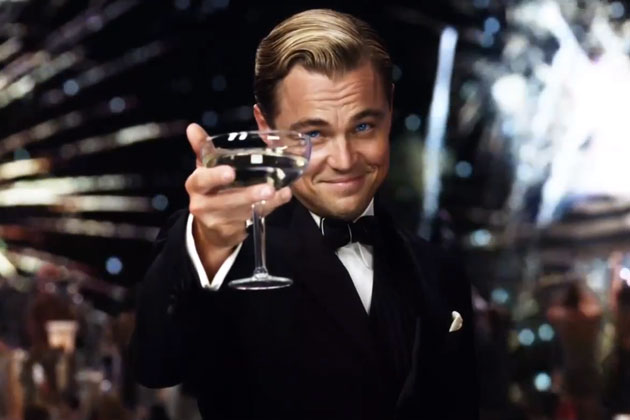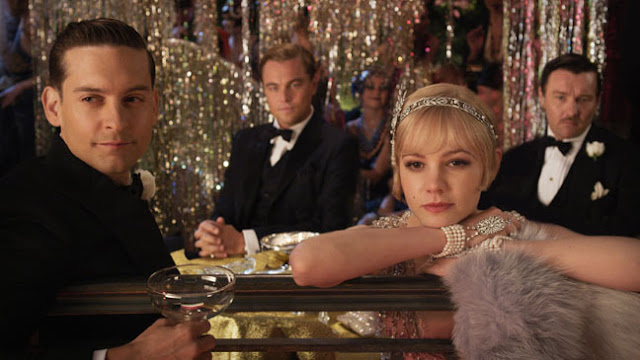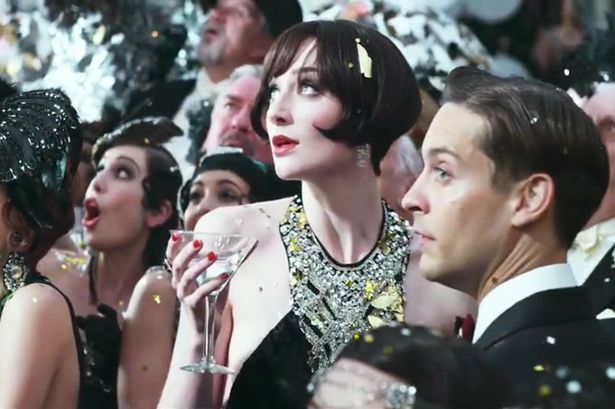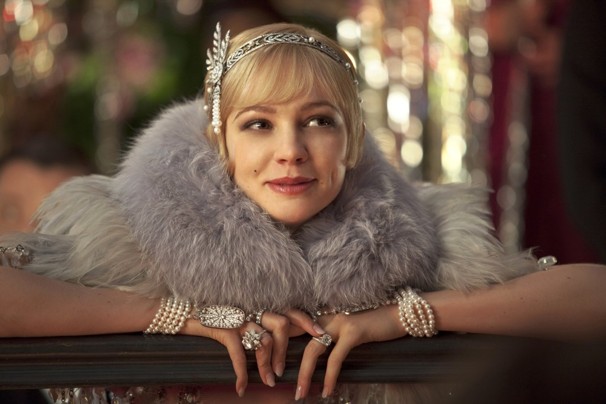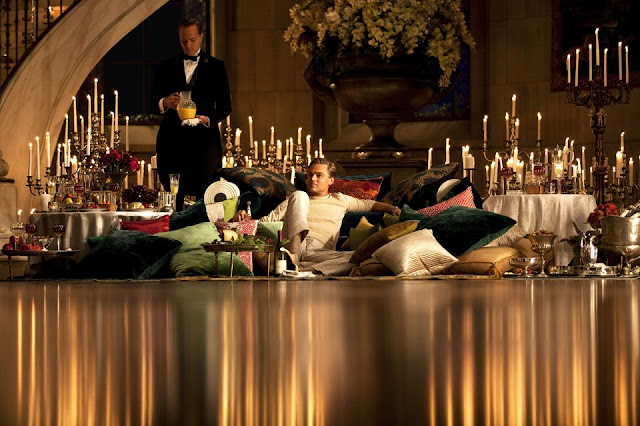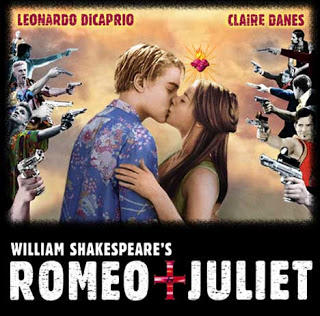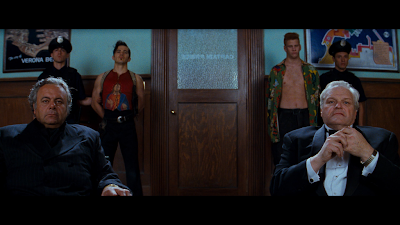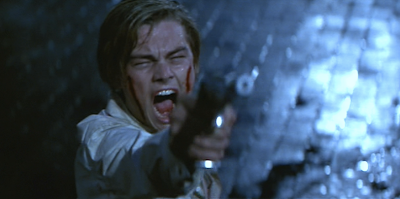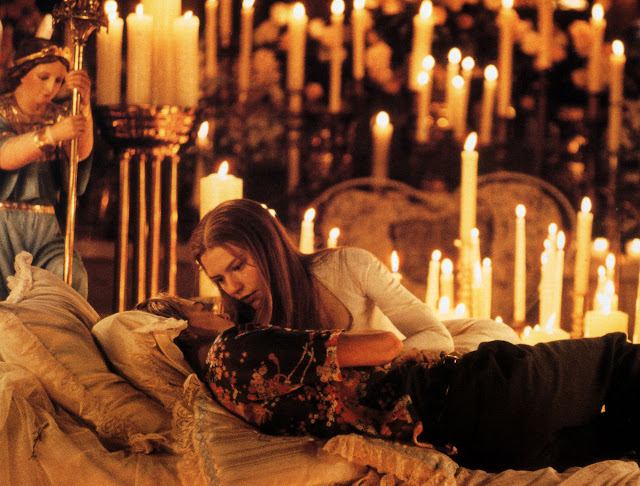
Written by Leigh Kolb as part of our theme week on Movie Soundtracks.
When you are 14, your senses are heightened–music permeates every part of you, a brush of a hand sends shock waves through your body, and the smell of someone’s shampoo and chewing gum is enough to evoke lust. It’s no surprise that for adolescents, music is a powerful, integral part of their self-identity and emotional expression.
I’m thankful that I was 14 in the mid-90s. I know it’s easy to be nostalgic and believe that the moment we came of age was the best moment in the history of the world (“When I was that age…”), but I’m confident in saying that 1996 was really an epic year for being 14.
Riot grrrl was hanging in the air. Female musicians were featured on the airwaves, many male rockers were feminist, and teen films featured complex female protagonists. I was saturated in feminist media. We were riding an idealistic wave of feminism–a new generation of daughters whose mothers had lived through the women’s movement, who lived in a world where Title IX and Roe v. Wade always existed.
When I was 14, Baz Luhrmann’s William Shakespeare’s Romeo + Juliet was released, and the play that has been speaking to and about teens for 400 years awakened my already heightened senses. As someone who identified more with Wuthering Heights than Pride and Prejudice as a teenager, this intense angst really spoke to me. And the music that accompanied the film was woven into the fiber of my life–I imagined it as my soundtrack, not just the film’s soundtrack.
I’ve written before about how I see the film (and Shakespeare‘s text) as challenging patriarchal social orders and revealing the toxicity of masculinity. Luhrmann’s version highlights this, certainly more so than Franco Zeffirelli’s 1968 version.
Zeffirelli’s soundtrack featured a score by Nino Rota and its “Love Theme” is known in two versions–“What is Youth?” and “A Time for Us.” “What is a Youth?” is included in the score, and features the lyrics that are sung on screen during the Capulet party when Romeo and Juliet meet. The lyrics to this version focus on how “cupid rules us all,” and that “youth” and the “fairest maid” all fade. In contrast, the lyrics to “A Time for Us” are more hopeful: “…some day there’ll be a new world / a world of shining hope for you and me.” Romeo and Juliet as a text can be read in both ways, of course. It’s important to think about Zeffirelli’s version in the context of the “youth” movement of the 1960s–anti-war rebellion, women’s rights activism, rising counterculture–and what Romeo and Juliet tells us about the utter ignorance and destruction of adults’ decisions.
[youtube_sc url=”https://www.youtube.com/watch?v=zCQMlyXMRJE”]
Luhrmann also pulls Romeo and Juliet into the context of an era dominated by youth culture (see aforementioned links and 1,000 Buzzfeed posts about how rad the 90s were). However, this Romeo + Juliet is marked with much more poignant commentary on gender and culture. The “Love Theme” from Romeo + Juliet is sung by Des’ree, a Black woman (she performs on screen at the Capulet party, a nod to the Zeffirelli version). “Kissing You” is a more abstract look at love: “Pride can stand a thousand trials / The strong will never fall / But watching stars without you / My soul cries… Touch me deep, pure and true.” The entire scene, and the song itself, is a more intimate and moving addition to the party scene.
[youtube_sc url=”https://www.youtube.com/watch?v=p7eH9qnH8TM”]
Luhrmann’s soundtrack (he is, after all, known not only for his showy films but also for his curated soundtracks) was the soundtrack to my teen years. If I want to really feel those 14-year-old feelings, I just need to listen to Romeo + Juliet. The choices of popular musical artists of the time (Des’ree, Garbage, The Cardigans, Radiohead, Butthole Surfers, Everclear, etc.) related the story of Romeo and Juliet through their own eyes, not those of a stodgy old narrator. And the diversity of the artists–male, female, Black, white–also reflects the progressive nature of youth culture.
Zeffirelli’s Romeo and Juliet is one told by the older generation. When Glen Weston sings “What is a Youth?” he sings at Romeo and Juliet, about how youth–and female virginity (eye roll)–fades. Luhrmann’s Romeo + Juliet is one told by “unfaded” youth. When Des’ree sings “Kissing You” as Romeo and Juliet kiss (and oh, how they kiss), she is singing with deep longing and pain.
Luhrmann’s soundtrack, then, does what we imagine Shakespeare aimed to do with this play–forces us to look critically at love and life through the eyes of youth to critique the patriarchal social orders that cause the tragedy.
Shakespeare’s Romeo and Juliet is often read in school when students are freshmen in high school. I would imagine the framers of this curricular choice were thinking that Romeo and Juliet is a cautionary tale against rebellion and teen lust. Instead, Romeo and Juliet really is about the absurdity and destructive nature of society’s bullshit norms and rules.
The songs in Romeo + Juliet aren’t just for backdrop; instead, these songs are characters–edgy, angry, beautiful, and poppy representations of the sweeping emotions of youth, love, anger, and rebellion.
Just listen, and be transported to a youth that won’t fade:
[youtube_sc url=”https://www.youtube.com/watch?v=V4xPXlneCGs”]
[youtube_sc url=”https://www.youtube.com/watch?v=dJbXjIEP6rM”]
[youtube_sc url=”https://www.youtube.com/watch?v=xkXdeUjM1pc”]
[youtube_sc url=”https://www.youtube.com/watch?v=_JNb93N3-ek”]
[youtube_sc url=”https://www.youtube.com/watch?v=GU6i_JhbVsc”]
[youtube_sc url=”https://www.youtube.com/watch?v=IIbiG04X3ws”]
See also at Bitch Flicks: The Tragedy of Masculinity in Romeo + Juliet
Recommended reading: Here is what I learned from Baz Luhrmann’s Romeo and Juliet at That’s Normal
___________________________
Leigh Kolb is a composition, literature, and journalism instructor at a community college in rural Missouri.
